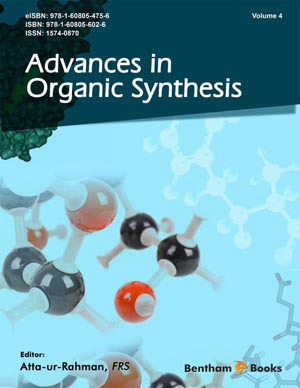Abstract
Curcumin, the main active component of turmeric (Curcuma longa), is widely used as a flavoring and coloring agent in food, and also exhibits multiple pharmacological activities. It has been traditionally used in Asian countries as a medical herb for several pathologies due to its anti-inflammatory, antioxidant, antimicrobial, antimutagenic, and anticancer properties. Further, curcumin may potentially complement the conventional treatment of insulin resistant conditions, including obesity, pre-diabetes, metabolic syndrome, and type II diabetes. Recently, its potential utility in Auto-Immune Deficiency Syndrome (AIDS) had been demonstrated.
However, curcumin has poor systemic bioavailability which makes its pharmacology intriguing and also hinders its clinical application. It also suffers from biotransformation during the absorption from the bowel and reductive metabolites are the predominant metabolites in the human intestinal microflora system and appear to be easily conjugated especially by glucuronidation to form tetrahydrocurcumin and hexahydrocurcumin derivatives. In the recent years, an exponentially increasing number of studies have proved that the alterations in the gut microbiota are linked with many metabolic diseases, and the intestinal microbiota is proposed to be a novel potential therapeutic target for these microbiota-associated diseases. Owing to the high concentration of curcumin in the gastrointestinal tract after oral administration, a number of researches have been conducted to evaluate its regulative effects on the gut microbiota. Thus, the current chapter will be designed to review the two-way relationship between curcumin and gut microbiota from two perspectives: i) impact of curcumin on gut microbiota ii) curcumin biotransformation by GI microbiota. This chapter highlights some important mechanisms of action of curcumin and opens the door for future researches plan in order to use this natural compound in the treatment and prevention of many human diseases. Thus, the current chapter will be designed to review the regulative effects of oral administration of curcumin on the gut microbiota in order to provide deeper insights into the pharmacology of curcumin.Keywords: Bioavailability, Biological Activities, Biotransformation, Curcumin, Gut Microbiota, Microbiota-Associated Diseases, Turmeric (Curcuma Longa), Therapeutic Target.






















